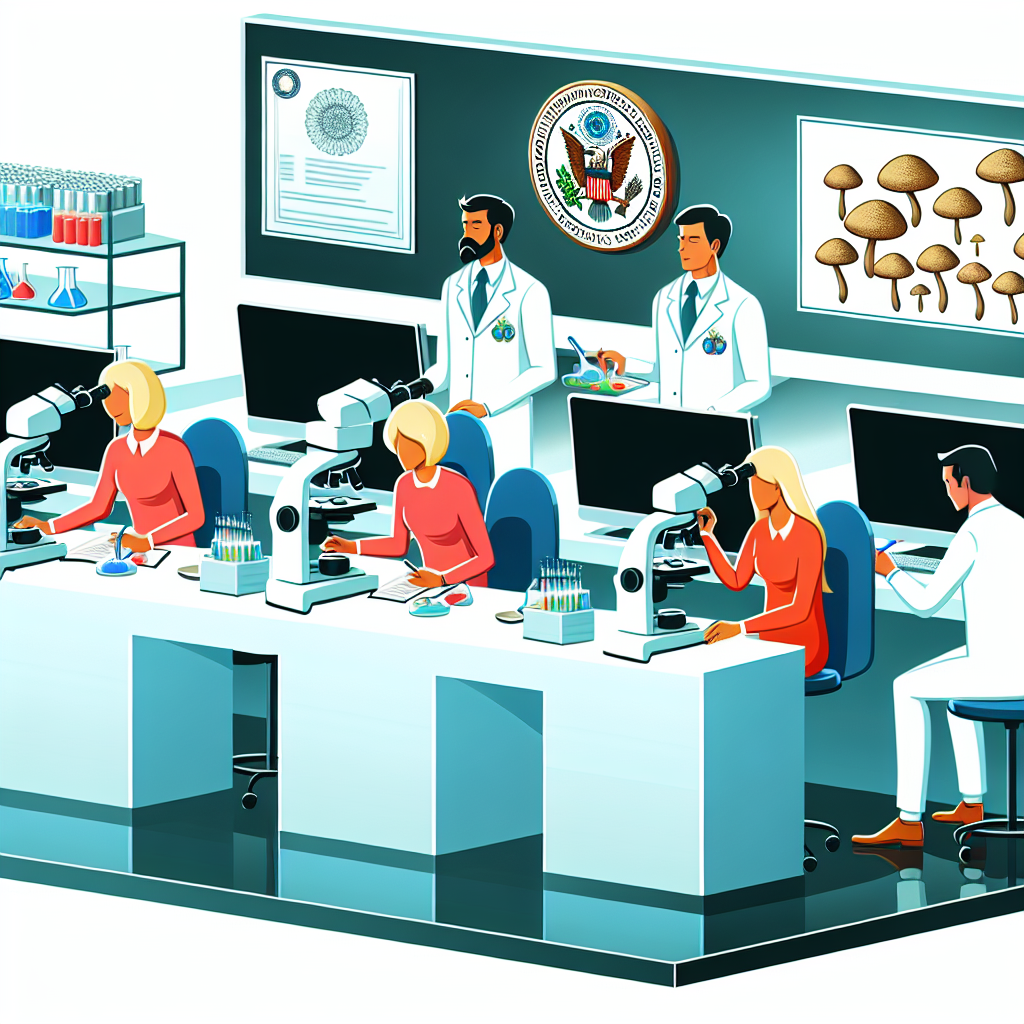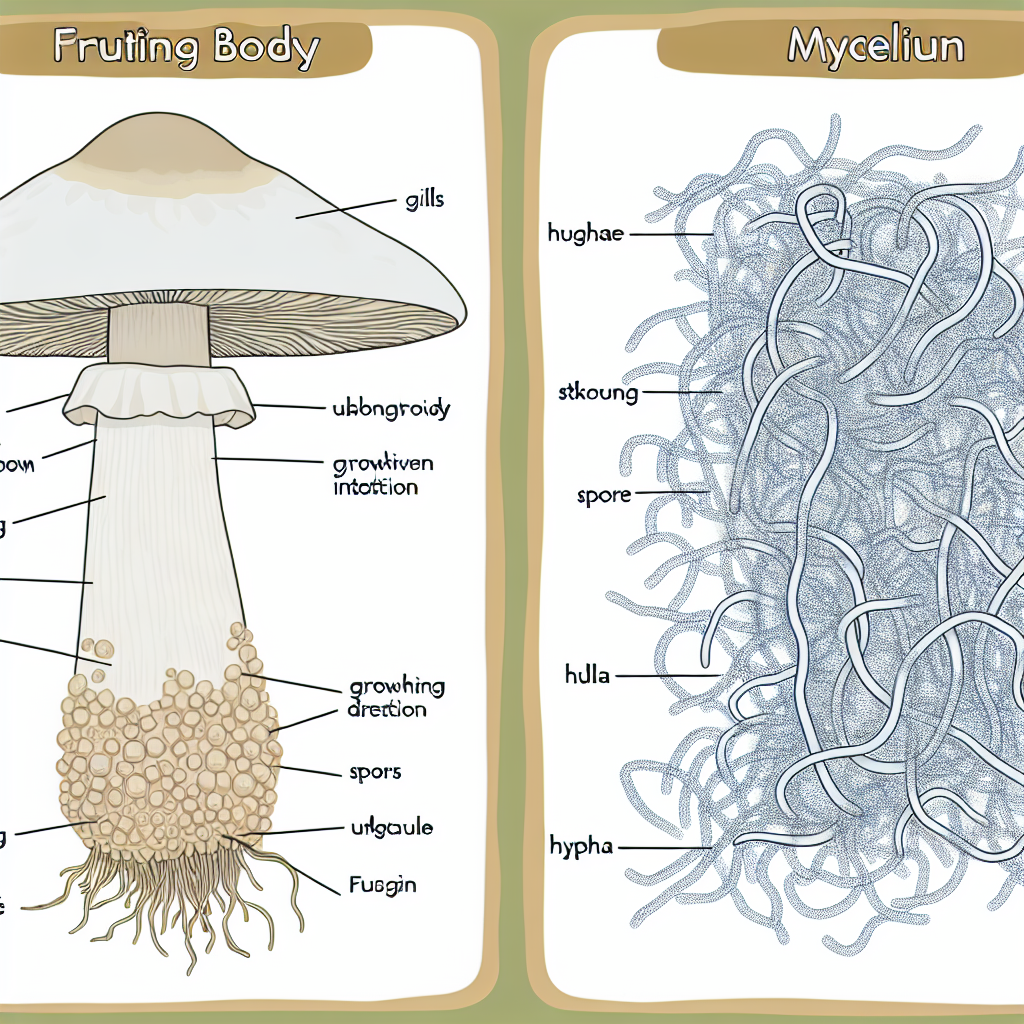Here is the blog post with the requested changes:
State-Sponsored Psilocybin Research: Inside Government-Funded Programs
Published by: ShroomFan.com
Over the last decade, the field of psychedelic research has undergone a renaissance—sparking renewed interest in natural psychoactive compounds for mental health treatments. Among them, psilocybin—the active ingredient in “magic mushrooms”—has been gaining remarkable momentum. While early research on psychedelics began as far back as the 1950s, stringent drug laws during the 1970s large-scale “War on Drugs” effectively halted most scientific exploration. Fast forward to the 21st century, and we’re now witnessing a stark reversal. What was once viewed with suspicion is now being embraced by some of the world’s most respected medical institutions and governments.
State-sponsored psilocybin research is no longer a fringe endeavor. In fact, an increasing number of governments are acknowledging the potential of this powerful compound in treating a range of mental health disorders, including major depressive disorder (MDD), post-traumatic stress disorder (PTSD), substance use disorder, and end-of-life anxiety in terminally ill patients. The earlier stigma associated with psychedelics is rapidly being replaced with evidence-based enthusiasm, especially as mental health crises globally continue to deepen.
Several government-backed agencies in North America and Europe have not only approved trials but are actively funding research programs and partnerships with academic institutions. In the United States, the National Institutes of Health (NIH) made headlines in 2021 when it awarded its first-ever federal grant for psychedelic treatment studies in decades, marking a pivotal endorsement of psilocybin’s therapeutic value. At the same time, Canadian and Australian health departments have launched their own networks of clinical studies, compassionate access programs, and educational initiatives surrounding natural psilocybin use.
ShroomFan.com is committed to keeping our readers up to speed on scientifically verified natural therapies—including those related to psilocybin mushrooms. In this article, we will take you inside various government-funded programs, showcasing the motivations, methods, and milestones of state-sponsored psilocybin research. You’ll learn not only which countries are leading the charge, but also how these initiatives may reshape the mental healthcare landscape in the years to come.
United States: A Landmark Moment for Federal Psychedelic Support
One of the most significant events in this field came in October 2021, when Johns Hopkins Medicine received the first NIH grant to study psilocybin’s effects on tobacco addiction. This multimillion-dollar study, in collaboration with University of Alabama at Birmingham and New York University, signifies federal acceptance of psilocybin as a potential therapeutic. Backed by the National Institute on Drug Abuse (NIDA), the research aims to compare psilocybin-assisted therapy with standard nicotine cessation treatments—a vital step in legitimizing psychedelic therapy as a mainstream healthcare option.
Canada: Expanding Access Through the Special Access Program (SAP)
In Canada, the federal government through Health Canada has introduced the Special Access Program (SAP) to enable authorized use of psilocybin in treating severe, treatment-resistant cases. Since 2022, medical professionals have been able to request psilocybin for their patients on a case-by-case basis. Several researchers, including Dr. Peter Facchini at the University of British Columbia, have received federal funding to study biosynthetic psilocybin as a part of regulated medicine.
Australia: The First Nation to Approve Psilocybin Prescriptions
Australia has taken things even further. In July 2023, the Therapeutic Goods Administration (TGA), which is equivalent to the U.S. FDA, officially rescheduled psilocybin as a controlled medicine. Approved psychiatrists in the country may now prescribe the substance under strict guidelines for treatment-resistant depression. Additionally, the Australian government has funded clinical research at universities such as Monash and the University of Melbourne, with several clinical trials now underway examining dosage standards, long-term safety, and integration therapy practices.
Europe: Public-Private Collaborations Driving Large-Scale Trials
In Europe, government-supported initiatives are growing, particularly in the U.K. Through the country’s National Health Service (NHS), various pilot studies are underway to assess psilocybin’s impact on depression and anxiety. Compass Pathways, a UK-based mental health care company, has received major government grants to run the largest-ever psilocybin therapy trial for treatment-resistant depression, with 233 participants across 10 countries.
It’s also worth noting the broader support from national scientific agencies like Germany’s Federal Ministry of Education and Research or the Dutch Ministry of Health. These entities are laying the groundwork for academic-industry partnerships to find natural, scalable alternatives to synthetic pharmaceuticals—placing psilocybin at the forefront.
Clinical Breakthroughs: What the Data Reveals
As study results continue to roll in, early data consistently shows promise. A 2020 randomized trial published in JAMA Psychiatry found that psilocybin treatment delivered rapid and significant reductions in depressive symptoms. Similarly, studies published in The New England Journal of Medicine (NEJM) have compared psilocybin favorably against SSRIs, indicating comparable or superior efficacy with fewer long-term side effects.
These research programs are rapidly normalizing psilocybin’s role as a next-generation mental health treatment—one supported not just by anecdotes but by robust scientific analysis backed by public funds.
Conclusion: A Paradigm Shift in Mental Health Treatment
State-sponsored psilocybin research is not just a momentary trend—it’s a paradigm shift in how we approach mental health treatment. With official support pouring in from governments around the world, the once-taboo mushroom is forging a new medical identity. Continued funding, rigorous clinical trials, and thoughtful regulation will be key to integrating psilocybin as a safe and effective option within mainstream healthcare. As research deepens, so too does our understanding of the full potential of this natural compound.
For more cutting-edge insights into psilocybin therapy, stay connected with ShroomFan.com.
References
- Johns Hopkins Medicine Awarded Federal Grant
- Health Canada Special Access Program
- Australia Reschedules Psilocybin Medicine
- Compass Pathways Psilocybin Trial
- JAMA Psychiatry Psilocybin Trial
- NEJM: Psilocybin vs SSRI Study
Concise Summary:
This article explores the growing trend of state-sponsored psilocybin research, highlighting government-funded programs in the United States, Canada, Australia, and Europe. It covers the motivations, methods, and milestones of these initiatives, showcasing how psilocybin is being increasingly embraced as a potential treatment for various mental health disorders. The article also delves into the clinical breakthroughs and data that are normalizing psilocybin’s role as a next-generation mental health therapy.

Dominic E. is a passionate filmmaker navigating the exciting intersection of art and science. By day, he delves into the complexities of the human body as a full-time medical writer, meticulously translating intricate medical concepts into accessible and engaging narratives. By night, he explores the boundless realm of cinematic storytelling, crafting narratives that evoke emotion and challenge perspectives. Film Student and Full-time Medical Writer for ContentVendor.com




